-
Author- Thomas Jefferson
-
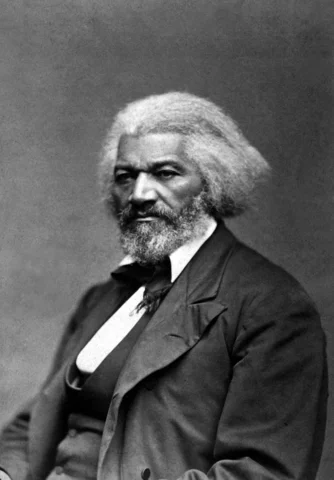 Author- Federick Douglass
Author- Federick Douglass -
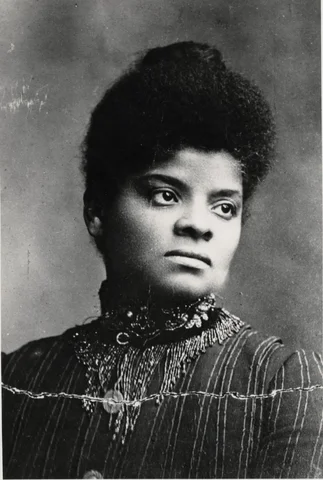 "Southern Horrors: Lynch Laws in All Its Phases" is a strong expose authored by Ida B. Wells in the late 1800s. Wells bravely addresses the pandemic of lynching in the Southern United States in this ground-breaking work, revealing it as a tool of racial oppression and control. She dismantles the prevalent misconceptions used to explain these horrible acts and pushes for justice and equality, leaving an unforgettable mark on the anti-lynching movement and the broader civil rights struggle.
"Southern Horrors: Lynch Laws in All Its Phases" is a strong expose authored by Ida B. Wells in the late 1800s. Wells bravely addresses the pandemic of lynching in the Southern United States in this ground-breaking work, revealing it as a tool of racial oppression and control. She dismantles the prevalent misconceptions used to explain these horrible acts and pushes for justice and equality, leaving an unforgettable mark on the anti-lynching movement and the broader civil rights struggle. -
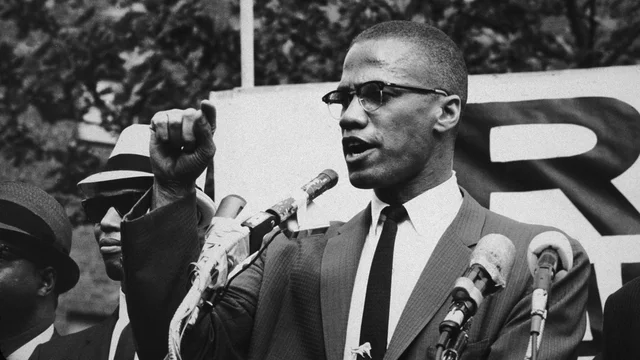 With his support for black empowerment, self-defense, & a more radical approach to racial equality, Malcolm X, a charismatic & controversial figure, had a tremendous impact on the Civil Rights Movement. As a major Nation of Islam spokesperson, he urged blacks to demand their rights using all means possible, contradicting the nonviolent attitude of other civil rights leaders. However, his beliefs shifted at the end of his life.
With his support for black empowerment, self-defense, & a more radical approach to racial equality, Malcolm X, a charismatic & controversial figure, had a tremendous impact on the Civil Rights Movement. As a major Nation of Islam spokesperson, he urged blacks to demand their rights using all means possible, contradicting the nonviolent attitude of other civil rights leaders. However, his beliefs shifted at the end of his life. -
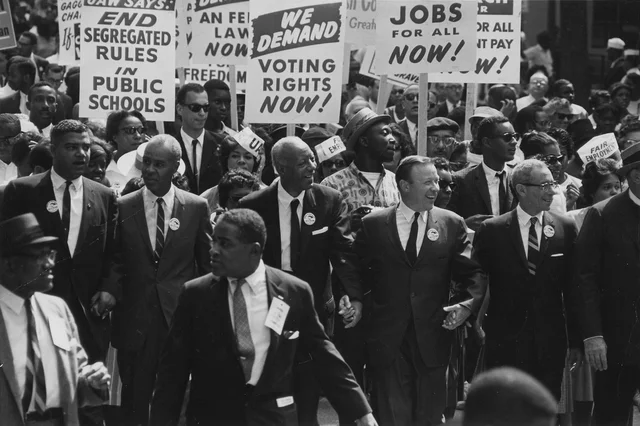 The Civil Rights Movement was a social and political battle in the United States during the mid-twentieth century. Its goal was to put an end to racial segregation. Also the discrimination against African Americans, primarily in the southern states, and to ensure their full legal rights and equality.
The Civil Rights Movement was a social and political battle in the United States during the mid-twentieth century. Its goal was to put an end to racial segregation. Also the discrimination against African Americans, primarily in the southern states, and to ensure their full legal rights and equality. -
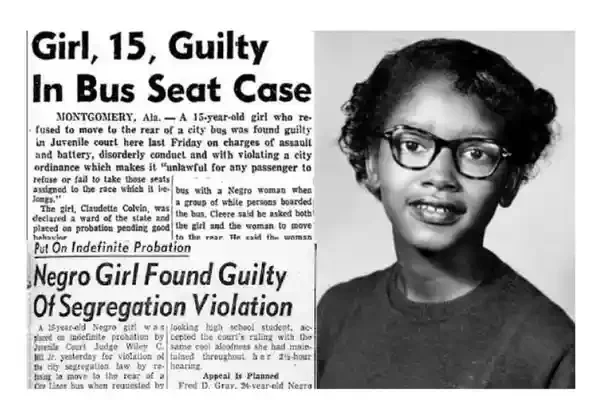 Claudette Colvin was a brave black teenager who refused to give up her seat on a Montgomery bus to a white person in 1955, nine months before Rosa Parks. Colvin was arrested as a result of her act of resistance, but her tale received less attention than Parks'. Nonetheless, Colvin's bravery and legal challenge were crucial in the legal campaign against segregation, helping to lead to the momentous Supreme Court ruling that declared bus segregation illegal during the Montgomery Bus Boycott.
Claudette Colvin was a brave black teenager who refused to give up her seat on a Montgomery bus to a white person in 1955, nine months before Rosa Parks. Colvin was arrested as a result of her act of resistance, but her tale received less attention than Parks'. Nonetheless, Colvin's bravery and legal challenge were crucial in the legal campaign against segregation, helping to lead to the momentous Supreme Court ruling that declared bus segregation illegal during the Montgomery Bus Boycott. -
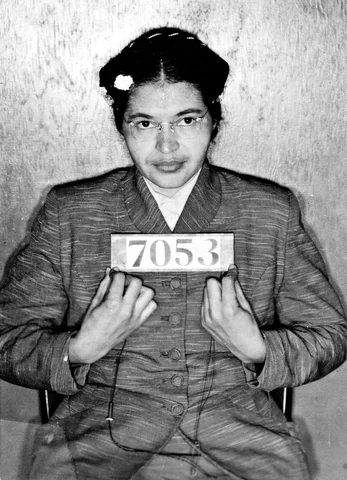 Rosa Parks a major figure in the Civil Rights Movement; refused to give up her seat on a Montgomery bus to a white passenger. The Montgomery Bus Boycott, a year-long protest against racial segregation in public transportation, was inspired by this act of civil disobedience. Parks' unwavering devotion to justice and equality energized the black community & represented a moment in the struggle against segregation, ultimately contributing to the Civil Rights Movement's overall achievement.
Rosa Parks a major figure in the Civil Rights Movement; refused to give up her seat on a Montgomery bus to a white passenger. The Montgomery Bus Boycott, a year-long protest against racial segregation in public transportation, was inspired by this act of civil disobedience. Parks' unwavering devotion to justice and equality energized the black community & represented a moment in the struggle against segregation, ultimately contributing to the Civil Rights Movement's overall achievement. -
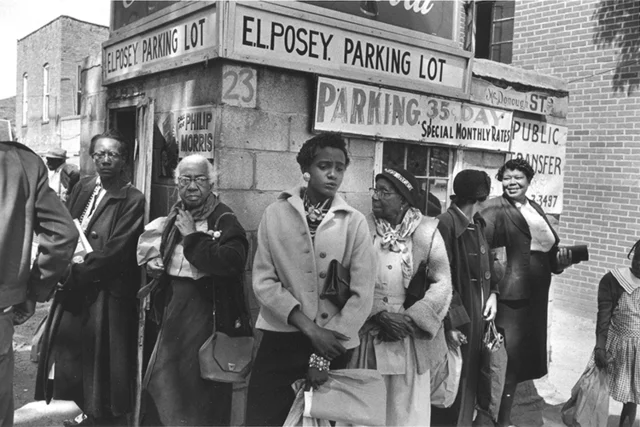 From 1955 to 1956, the Montgomery Bus Boycott was a key civil rights action in Montgomery, Alabama. Started with the arrest of Rosa Parks, a black lady who refused to give up her seat on a segregated city bus to a white passenger. Dr. Martin Luther King Jr. and other civil rights leaders organized the boycott
From 1955 to 1956, the Montgomery Bus Boycott was a key civil rights action in Montgomery, Alabama. Started with the arrest of Rosa Parks, a black lady who refused to give up her seat on a segregated city bus to a white passenger. Dr. Martin Luther King Jr. and other civil rights leaders organized the boycott -
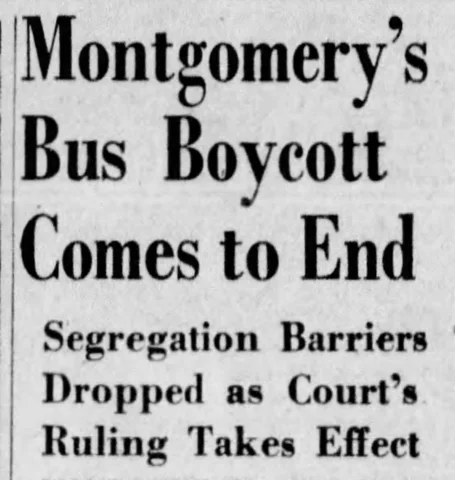 On November 13, 1956, the United States Supreme Court upheld a previous court ruling that found bus segregation to be a violation of the Fourteenth Amendment's due process and equal protection sections. As a result, this judicial win signified the end of the bus boycott, which formally ended on December 20, 1956.
On November 13, 1956, the United States Supreme Court upheld a previous court ruling that found bus segregation to be a violation of the Fourteenth Amendment's due process and equal protection sections. As a result, this judicial win signified the end of the bus boycott, which formally ended on December 20, 1956. -
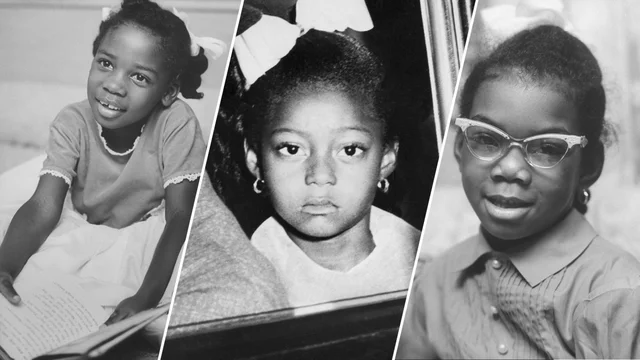 Four African American girls; the "McDonogh Three", later joined by a 4th student, attempted to enroll in the all-white McDonogh No.19 Elementary School. Despite the girls & their families' fierce opposition from white segregationists, they persisted, eventually leading to a court-ordered desegregation process. The events in New Orleans echoed larger conflicts of the Civil Rights Movement, highlighting the difficulties and resistance encountered in removing segregation from public institutions.
Four African American girls; the "McDonogh Three", later joined by a 4th student, attempted to enroll in the all-white McDonogh No.19 Elementary School. Despite the girls & their families' fierce opposition from white segregationists, they persisted, eventually leading to a court-ordered desegregation process. The events in New Orleans echoed larger conflicts of the Civil Rights Movement, highlighting the difficulties and resistance encountered in removing segregation from public institutions. -
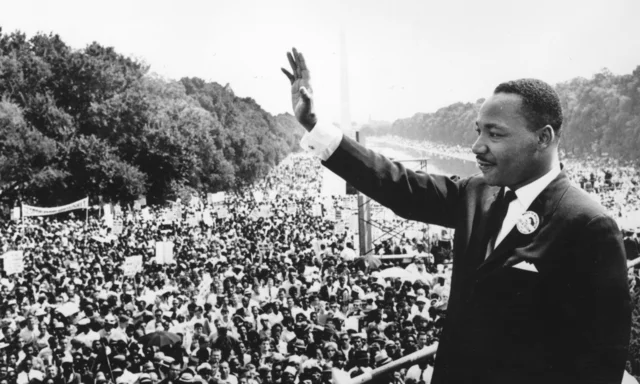 A major member of the Civil Rights Movement, known for his unwavering commitment to nonviolent protest and racial equality. His leadership & powerful remarks, particularly the legendary "I Have a Dream" speech, inspired millions to join the fight against segregation & discrimination. King's work resulted in legislative successes such as the Civil Rights Act of 1964 & the Voting Rights Act of 1965, establishing an enduring legacy that inspires movements for justice and equality around the world.
A major member of the Civil Rights Movement, known for his unwavering commitment to nonviolent protest and racial equality. His leadership & powerful remarks, particularly the legendary "I Have a Dream" speech, inspired millions to join the fight against segregation & discrimination. King's work resulted in legislative successes such as the Civil Rights Act of 1964 & the Voting Rights Act of 1965, establishing an enduring legacy that inspires movements for justice and equality around the world. -
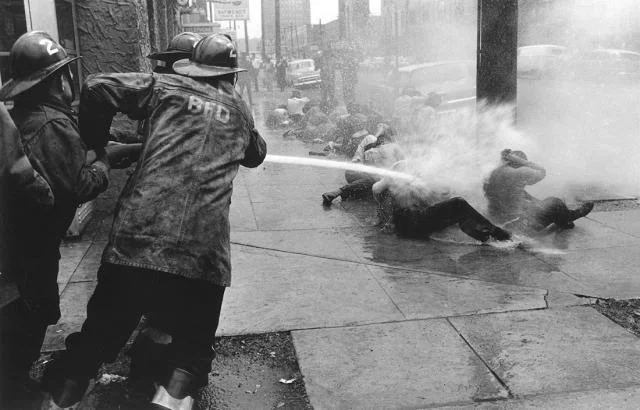 SCLC launched the Birmingham Campaign of 1963 as a peaceful protest against racial segregation in Birmingham, Alabama. The campaign, led by Dr. Martin Luther King Jr., attempted to draw attention to discriminatory policies through acts of civil disobedience such as marches and sit-ins. The use of cruel police tactics, graphically demonstrated in photographs of children being attacked by dogs and blasted with fire hoses, sparked national indignation.
SCLC launched the Birmingham Campaign of 1963 as a peaceful protest against racial segregation in Birmingham, Alabama. The campaign, led by Dr. Martin Luther King Jr., attempted to draw attention to discriminatory policies through acts of civil disobedience such as marches and sit-ins. The use of cruel police tactics, graphically demonstrated in photographs of children being attacked by dogs and blasted with fire hoses, sparked national indignation. -
By Martin luther king Jr
-
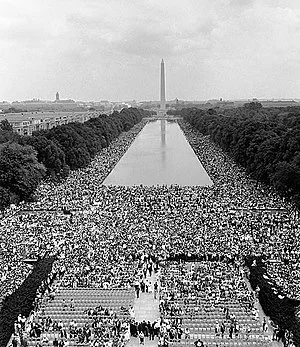 March on Washington was an important turning point in the Civil Rights Movement. Over 250,000 people, both black and white, came together to fight for civil rights reforms, economic equality, and an end to racial segregation. Dr. Martin Luther King Jr.'s historic "I Have a Dream" speech, which resonated across the country and played a critical part in pressing for the enactment of the Civil Rights Act of 1964 and the Voting Rights Act of 1965, was the march's high point.
March on Washington was an important turning point in the Civil Rights Movement. Over 250,000 people, both black and white, came together to fight for civil rights reforms, economic equality, and an end to racial segregation. Dr. Martin Luther King Jr.'s historic "I Have a Dream" speech, which resonated across the country and played a critical part in pressing for the enactment of the Civil Rights Act of 1964 and the Voting Rights Act of 1965, was the march's high point. -
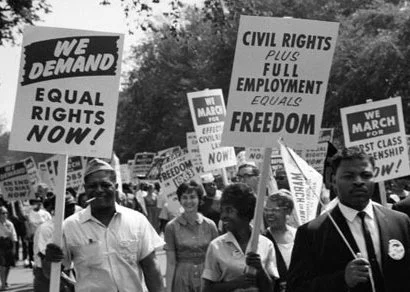
-
 Written by Terry Gross
Written by Terry Gross